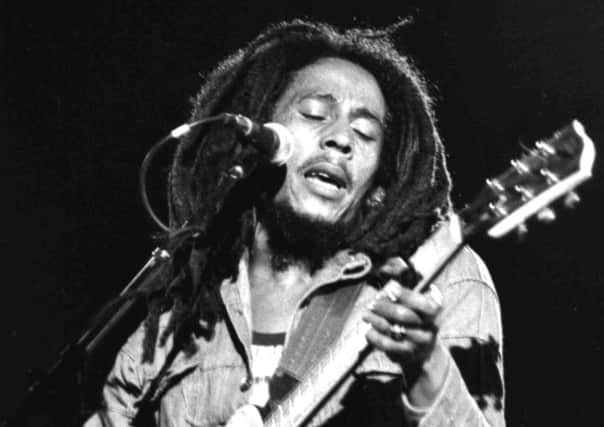Even unconscious patients can benefit from listening to music, study shows


And now it seems he was on to something, after a study found that music benefitted patients - even when they are on the operating table.
Research shows that listening to music played before, after and even under anaesthetic during surgery, reduces pain, anxiety and the need for painkillers.
Advertisement
Hide AdAdvertisement
Hide AdLead researcher Dr Catherine Meads - who listened to Pink Floyd during a recent hip operation - said it equated to “a fairly good dose of painkillers”. She hopes in future taking music into hospital will be as commonplace for patients as packing up toiletries and pyjamas.
“If you have a scale of pain of between zero and 10 with zero being no pain at all, the use of music reduced pain levels by two on that scale,” she added.
Scientists pooled the results of 73 trials looking at the impact of music on almost 7,000 surgical patients.
The findings, reported in the latest edition of The Lancet, confirmed that playing music produced significant benefits, especially when patients were able to choose the music they liked. The best outcomes were when music was played before, rather than after an operation. But, surprisingly, even listening to music while under general anaesthetic appeared to reduce pain levels.
Advertisement
Hide AdAdvertisement
Hide Ad“It wasn’t as strong, but it still seemed to have an effect,” said Dr Meads, from Brunel University.
She said the medical profession had generally been sceptical about the benefit of music, and she hoped the study would shift perceptions.
She said the type of music probably depended on the patient enjoyed and found soothing, be it Chinese, classical or easy listening, but warned it should be listened to low and on headphones so it did not annoy the patient in the next bed.
She said: “Music is generally not used, particularly on surgical wards as the evidence hasn’t been strong enough in the past to show it would make a convincing difference to people. What we would like to do is get this information into patient information leaflets so when people are coming for elective surgery along with their pyjamas and slippers, they bring in their music player and headphones.”
Advertisement
Hide AdAdvertisement
Hide AdDr Meads, who carried out the research while based at Queen Mary, University of London, said it was harder to play music during an operation like an endoscopy as the patient had to follow the doctor’s instructions. However a “music pillow” where a patient could have an ear close to the music, with the other trained on the doctor, could be the solution.
Patients taking part in the studies underwent a wide variety of surgical procedures involving different parts of the body.
Those having surgery on the central nervous system, head and neck were excluded because of the potential effects on hearing. Choice of music, timing and duration also varied. But the evidence suggested that these factors made little difference to outcomes.
Co-author Dr Martin Hirsch, from Queen Mary, University of London and Barts Health NHS Trust, said: “We have known since the time of Florence Nightingale that listening to music has a positive impact on patients during surgery, by making them feel calmer and reducing pain. However, it’s taken pulling together all the small studies on this subject into one robust meta-analysis to really prove it works.”